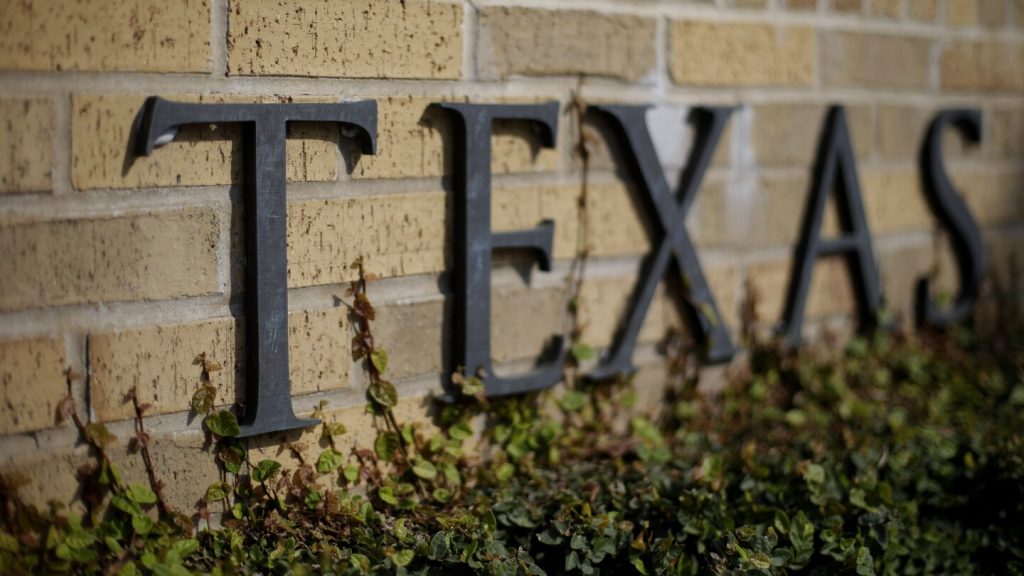A group of professors at the University of Texas is demanding that the school reverse job cuts related to the shutdown of a diversity, equity, and inclusion program impacted by a new state law. The university president announced plans to shut down the Division of Campus and Community Engagement, leading to associate and assistant deans who focused on DEI initiatives returning to their faculty roles. The exact number of job cuts has not been disclosed, but the school’s chapter of the American Association of University Professors estimates around 60 people in DEI roles were let go. The professors argue that the cuts violate academic freedom, due process, and freedom of expression.
The job cuts at the University of Texas come as public universities in Texas are forced to comply with Senate Bill 17, which is one of the strictest bans on diversity, equity, and inclusion initiatives in the nation. The law prohibits universities from influencing hiring practices based on race, sex, or ethnicity, and also restricts differential treatment or special benefits for individuals based on these categories. At least five other states have implemented similar bans, with more states considering restrictions on diversity initiatives in higher education and other areas. Republican lawmakers see this issue as a way to mobilize voters in the upcoming elections.
University of Texas leaders decided to shut down the campus’ community engagement division following pressure from Republican state Sen. Brandon Creighton, who authored the bill. Creighton sent letters to regents of multiple public university systems, inviting them to testify before state lawmakers about the changes made to comply with the new law. He warned that simply renaming programs would not be considered compliance and that non-compliance could result in schools losing funding. The University of Texas and other public institutions in Texas, serving over 600,000 students, are affected by the new law, which took effect on January 1.
The changes at the University of Texas have sparked concerns about transparency and decision-making processes. The professors argue that the lack of transparency about how decisions were made and why input from the faculty council was not taken into account has led to a loss of trust and a perception of dishonesty. The university has not provided details on how many faculty or staff members were impacted by the cuts, and school officials have not responded to requests for comment. The swift changes made by public universities in Texas to comply with the new law have raised questions about the future of diversity, equity, and inclusion initiatives in higher education, with lawmakers in other states also considering restrictions in this area.
The impact of the new law on higher education in Texas and other states highlights the ongoing debate over diversity initiatives and equity in academic settings. The move to eliminate DEI programs and cut jobs at the University of Texas reflects a broader trend of Republican-led efforts to restrict such initiatives, which some lawmakers see as divisive or unjust. As universities navigate the challenges of complying with new laws while maintaining their commitment to diversity and inclusion, the future of DEI efforts in higher education remains uncertain. The implications of these changes on students, faculty, and the broader community will continue to be a topic of debate and discussion in the coming months.


